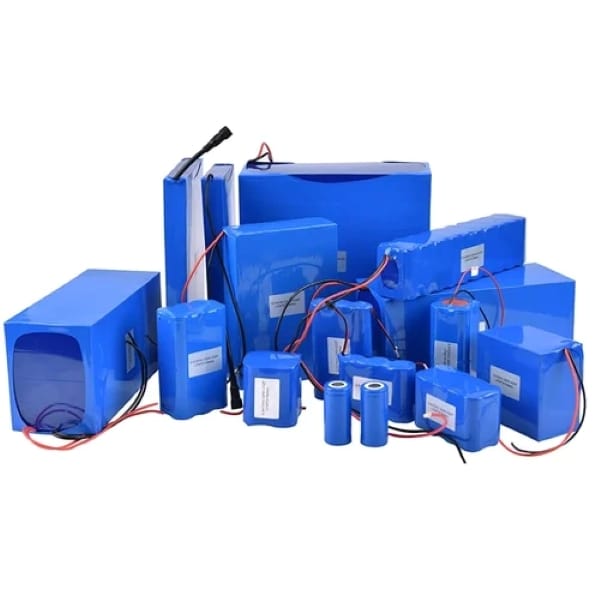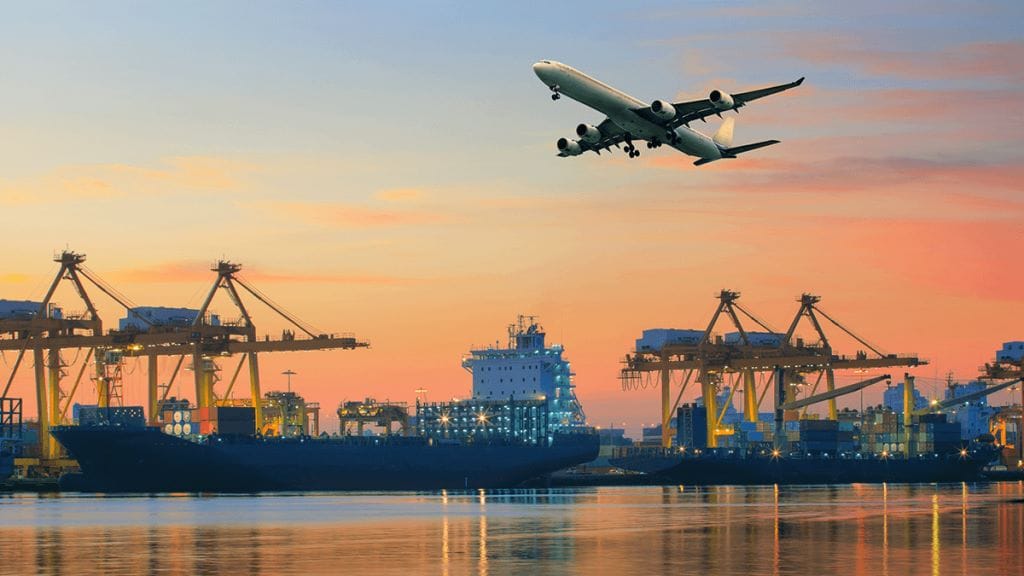Lithium batteries have become a key component of modern technology, powering everything from consumer electronics and medical devices to electric vehicles (EVs) and industrial equipment.
China is the world’s largest producer of lithium batteries, and global companies rely on Chinese suppliers to provide cost-effective, high-quality battery solutions. This article will provide a detailed introduction to how to import and ship lithium batteries from China
Learn more in this article: How to Ship Dangerous Goods from China

Introduction to Lithium Batteries
Lithium batteries are widely used in consumer electronics, electric vehicles and energy storage due to their high energy density and lightweight, but their high chemical activity and easy thermal runaway make them classified as Class 9 dangerous goods. In international transportation, lithium batteries must comply with standards such as the International Maritime Dangerous Goods Code (IMDG Code) and the International Air Transport Association Dangerous Goods Regulations (IATA DGR). During transportation, risks such as short circuits, extrusion, and abnormal temperatures must be prevented.
Widely used in consumer electronics (such as mobile phones, laptops), electric vehicles, energy storage systems, and other fields. According to chemical composition, lithium batteries are mainly divided into:
- Lithium-ion batteries (Li-ion): rechargeable, commonly found in electronic products
- Lithium Metal Batteries (Li-metal): Non-rechargeable, mostly used in medical devices, watches, etc.
Importing and Shipping Lithium Batteries from China
Finding the Right Supplier
There are several B2B sourcing platforms in China that allow businesses to connect with lithium battery manufacturers and exporters:
- Alibaba ( www.alibaba.com ) – One of the world’s largest wholesale markets for lithium battery suppliers, offering trade assurance and verified factory listings.
- Made in China ( www.made-in-china.com ) – Provides in-depth company profiles that allow buyers to assess production capabilities and certifications.
Check Compliance and Quality Assurance Certifications
Since lithium batteries are classified as hazardous goods, they must meet strict international safety and performance standards. Be sure to request the following certifications from potential suppliers:
- UN38.3 certification – required for air and sea shipments, certifies that the battery has been tested for safety in transportation.
- IEC 62133 certification – ensures compliance with international electrical safety standards.
- MSDS (Material Safety Data Sheet) – provides safe handling and shipping information.
- CE (Conformite Europeenne) – mandatory for products imported into the European Union.
- RoHS (Restriction of Hazardous Substances) – confirms compliance with environmental safety regulations.
Request product samples and conduct compliance testing before bulk ordering
Before making a bulk purchase, always request lithium battery samples in order to:
- Test the battery’s performance, capacity, and cycle life.
- Verify packaging quality and compliance with UN38.3 shipping standards.
- Check for defects such as overheating, leakage, or inconsistent power output.
- If possible, conduct independent third-party testing to ensure that the supplier meets quality and safety requirements.
Find an experienced freight forwarder
Since lithium batteries are dangerous goods, experience in dangerous goods exports is a must. Ask the supplier for the following information:
- Past exports to your country (US, EU, UAE, Australia, etc.).
- Compliance with air (IATA) and sea (IMO) shipping regulations.
- Dangerous goods packaging and labeling (e.g., UN-certified packaging, hazard labels).
- Knowledge of customs clearance of battery cargo.
- Experienced freight forwarders will ensure all necessary documentation and packaging compliance to prevent customs delays or rejection of shipments.
Choose the right mode of transport
- Air freight: small lithium battery shipments, UN38.3, MSDS, IATA DGR compliant
- Sea freight (FCL/LCL): bulk shipments, large electric vehicle battery packs, IMO Dangerous Goods (DG) declaration required
Destination customs clearance and delivery
Upon arrival at destination, declare to local customs to complete the customs clearance process. Usually requires documents such as cargo manifest, SDS, safety certificate. Arrange delivery of dangerous goods to consignee. Confirm that the goods are packaged intact and meet safety and regulatory requirements.

Packaging and Shipping Requirements for Lithium Batteries
Packing standards
The transportation of lithium batteries must comply with the requirements of UN38.3 (United Nations lithium battery safety test standard) and IATA DGR (International Air Transport Association Dangerous Goods Regulations):
- Anti-short circuit: The electrodes must be insulated, and the batteries must be packed separately or in anti-short circuit containers.
- Anti-crushing: Strong outer packaging, filled with cushioning materials (such as foam, bubble film) inside.
- High temperature protection: Avoid direct sunlight, and temperature-controlled transportation is required in some cases.
Transportation requirements
- Lithium battery marking (IATA and UN regulations): All lithium battery shipments must be marked with dangerous contents.
- Class 9 dangerous goods label: According to IATA PI965, PI966 and PI967 packing instructions, lithium battery transportation must be affixed with this label.
- Handling label: Large lithium battery transportation must include a “Cargo aircraft only” warning label.
- Shipper’s Dangerous Goods Declaration (DGD): Required for air and sea transportation, confirming compliance with DG regulations.
Lithium Battery Import Duties and Taxes
Import duties and taxes depend on the HS code (Harmonized System Code) of the lithium battery. The most commonly used HS code for lithium-ion and lithium metal batteries is 8507.60.00.
Customs Tariffs for Lithium Batteries by Region
| Region | Import Duty | VAT/GST |
|---|---|---|
| USA | 0% – 3.4% | No VAT |
| EU | 2.7% | 19%-21% VAT (varies by country) |
| UK | 2.7% | 20% VAT |
| Canada | 6% | 5% GST |
| Australia | 5% | 10% GST |
Why Choose Ubestshipping for Shipping Lithium Battery ?
Ubestshipping Focus on transporting safe and compliant lithium batteries from China to international markets. Whether you need small batch sample transportation or bulk industrial battery export, our team can ensure efficient logistics, compliant services and cost-effective solutions.
Services include:
- Professional dangerous goods (DG) handling, ensuring full compliance with IATA, IMO and UN shipping regulations.
- Customs clearance assistance, management of import licenses, tariff calculations and compliance documents.
- Flexible transportation solutions, providing air, sea and express services to meet your needs.
- Global logistics network, providing direct routes to the United States, Europe, the Middle East, Southeast Asia, and Africa.
- End-to-end cargo tracking and 24-hour support to ensure real-time updates on your lithium battery transportation.
If you need a reliable, compliant and cost-effective lithium battery transportation solution, please contact us now, and we will have professional personnel to connect with you for a quote within 24 hours.
